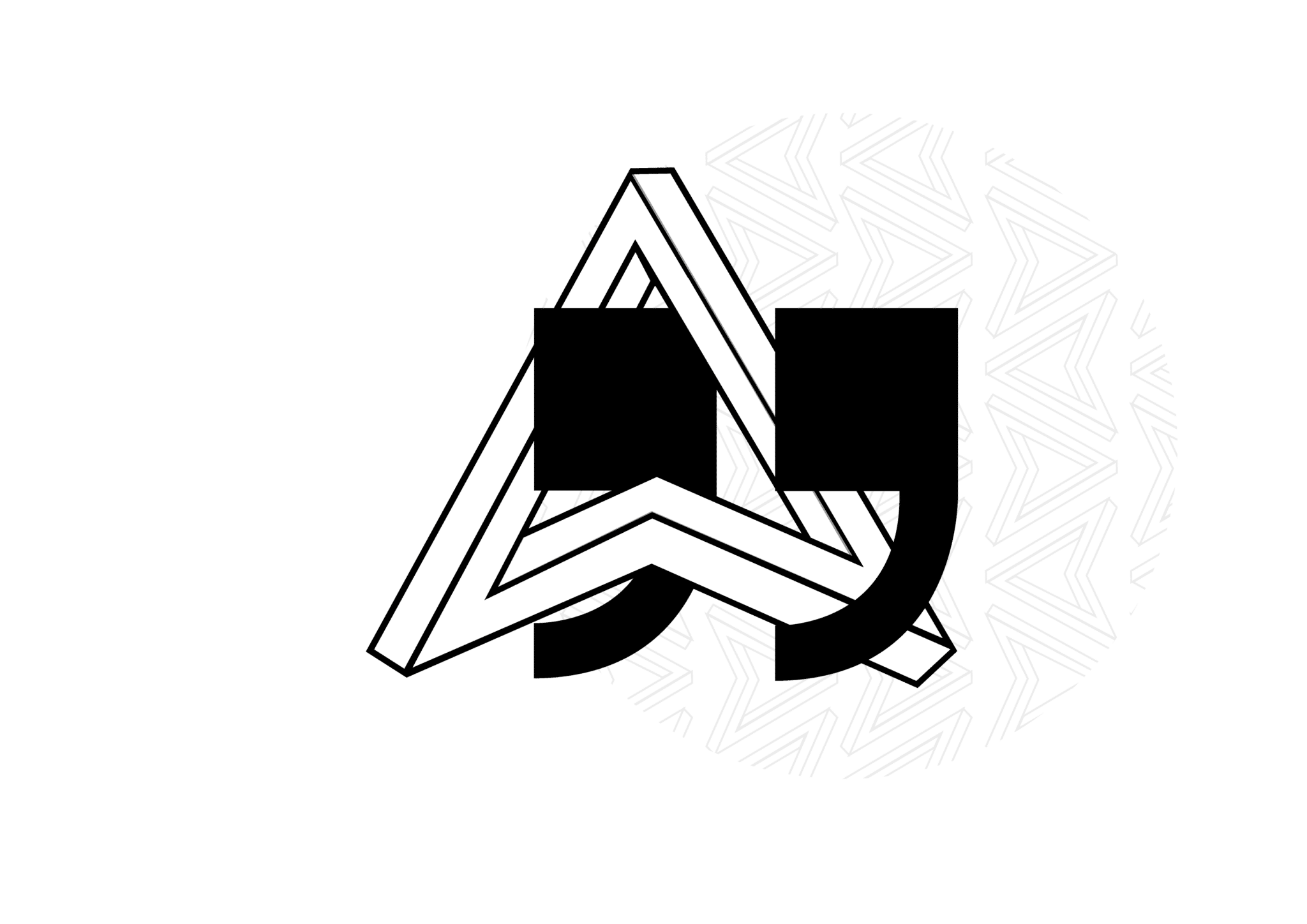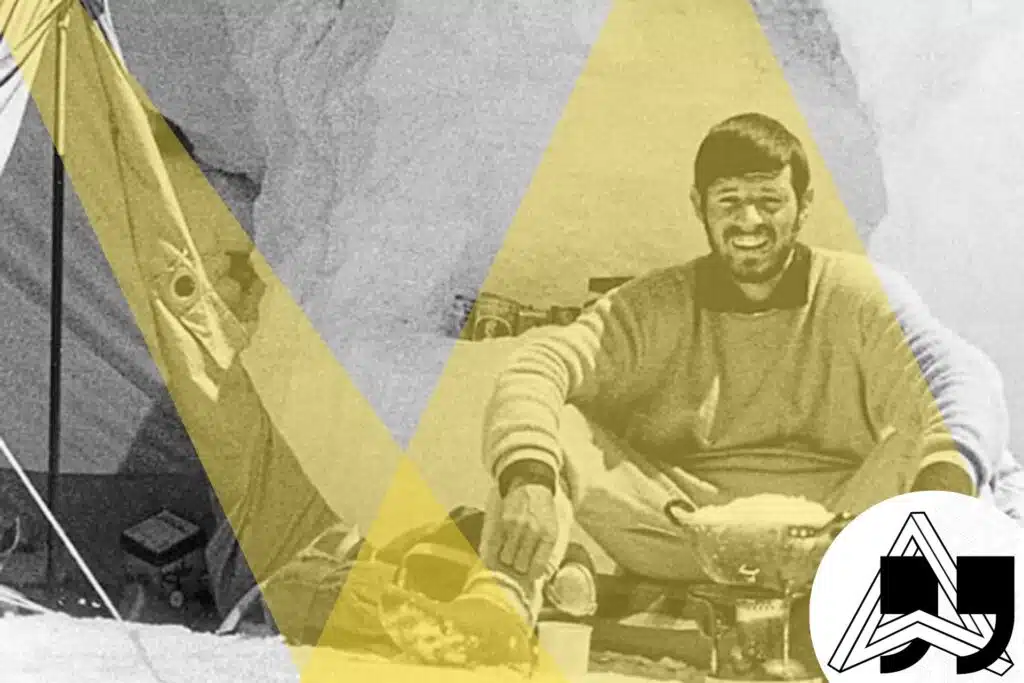
It’s not Reinhold’s boot, it’s his brother Gunther’s boot. It spent thirty-four years on the slopes of Nanga Parbat before being discovered on the Diamir glacier in 2022. The boot has just been brought to Reinhold Messner’s home in South Tyrol. It’s a 1970 model boot, with a huge Vibram sole and a lining that’s probably too thin, Reinhold having suffered frostbite. His brother Gunther stayed behind, and ever since that cursed expedition, the shadow of suspicion has hung over Reinhold, accused of pushing his brother to climb Nanga Parbat, then abandoning him.
At the time, the discovery of the first boot rekindled the controversy. Had Messner, the god of mountaineering, made a mistake? According to Messner, the discovery of the first shoe was proof that he was telling the truth, that his brother had indeed been carried off and not, as his critics claimed, abandoned because he was too slow on the ascent route, which was different (are you with me?) from the descent route.
The second boot is a message from Gunther sent from beyond the grave to confirm his innocence. It was indeed found on the way down, on the Diamir side, “five hundred metres” lower than the other. Time has done its work, and provided an unequivocal answer.
The second boot is a message from Gunther sent from beyond the grave to confirm his innocence.
In 1970, Gunther must have been unlucky. Today, not everyone receives this post-mortem tribute. On Everest’s North Ridge a man lies unburied, but has a Wikipedia entry: Green Boots, a probable member of the 1996 Indian Army expedition. At over 8,000 meters, his body and fluorescent-green Koflachs serve as a landmark for today’s climbers, and above all for today’s egotists.
Other macabre relics can be found in alpine literature: during his ascent of the Eiger North Face, Desmaison recounts the discovery of a shoe and a tibia, or how he slept badly on an icy ridge because of a hump in his back, a trashy and mournful piece by a deceased mountaineer, which the great René seemed to mock as one plays the spell to avoid the only ball in Russian roulette. A way of reminding ourselves, like the ancient philosophers, that we are only passing through.


